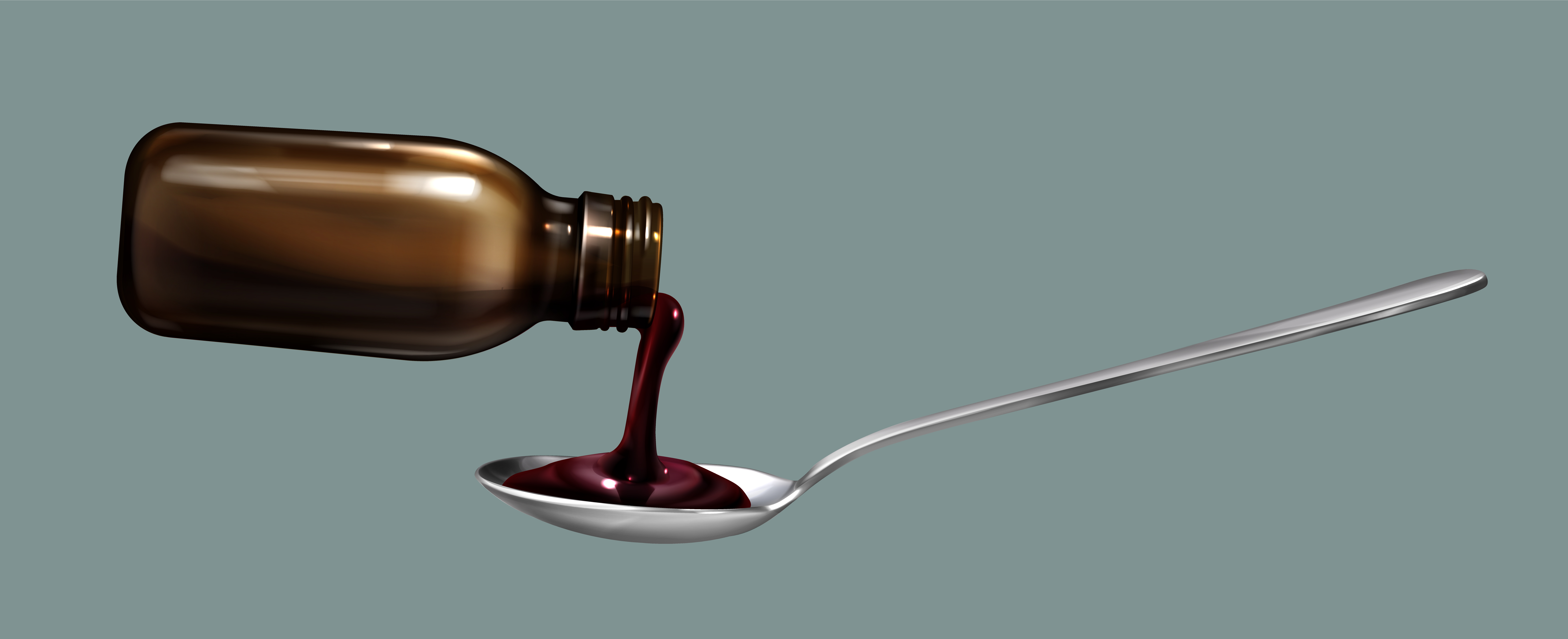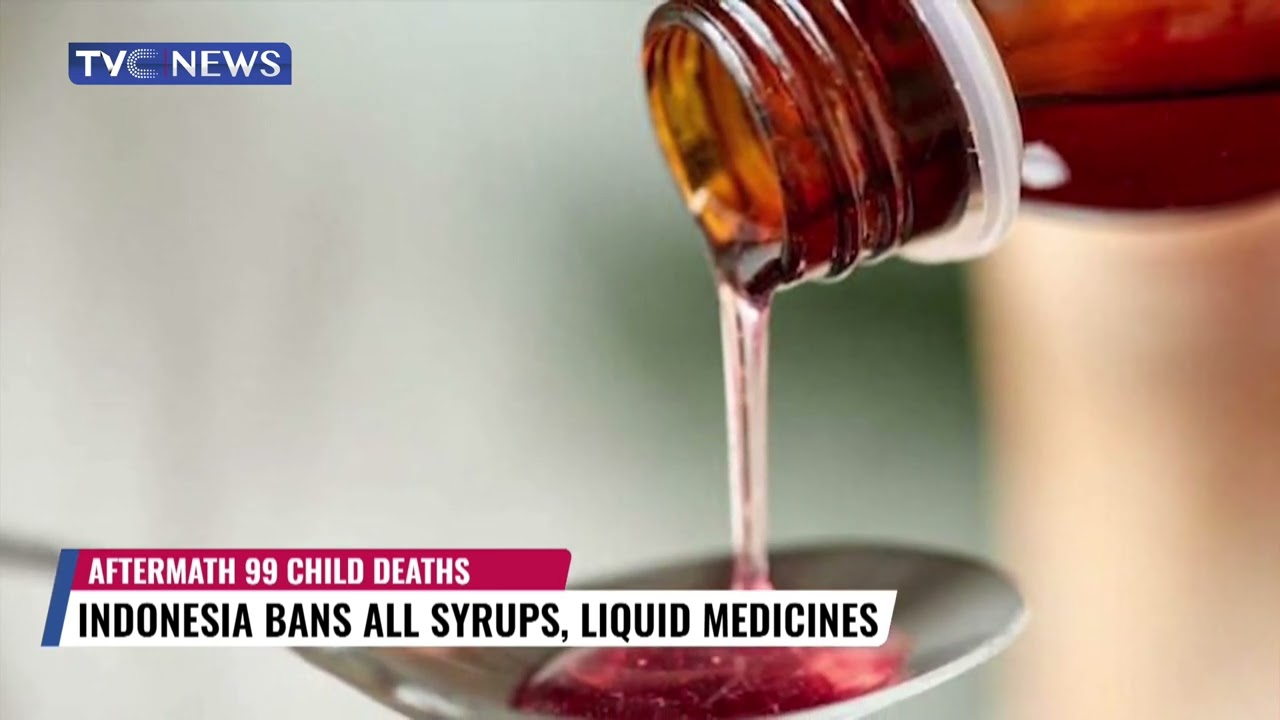Indonesia Bans Syrup Medicines Sale After 99 Children Died
Indonesia bans syrup medicines sale in response to the deaths of over 100 children. This news comes after a cough syrup in The Gambia was blamed for the deaths of over 70 youngsters only weeks before. The country's health ministry said acute kidney injuries (AKI) had claimed the lives of 99 young children in Indonesia this year. It's unclear whether the medicines were manufactured domestically or imported.
Author:Hajra ShannonReviewer:Paula M. GrahamOct 21, 20221.4K Shares99.1K Views

According to BBC,Indonesia bans syrup medicines salein response to the deaths of over 100 children. This news comes after a cough syrup in The Gambia was blamed for the deaths of over 70 youngsters only weeks before.
The country's health ministry said acute kidney injuries (AKI) had claimed the lives of 99 young children in Indonesia this year. It's unclear whether the medicines were manufactured domestically or imported.
On Thursday, health authorities in Indonesia said that they had received reports of almost 200 instances of AKI in youngsters, most of whom were younger than five. The World Health Organization (WHO) issued a worldwide notice earlier this month about four cough syrups associated with the deaths of over 70 children in The Gambia.

Indonesia Bans All Syrup, Liquid Medicines
Acute Kidney Injury After Taking Syrup Medicine
Indonesia has reported 206 cases of acute kidney injury (AKI), mostly in children under the age of five, and 99 deaths. The official number of cases may be higher.
On Thursday, the country's health minister said that two substances associated with AKI had been identified in goods recovered from the homes of some of the patients. In the lab study of the tainted items being looked into by the WHO in the Gambia, ethylene glycol and diethylene glycol were found in "unacceptable amounts."
This month, the WHO warned that the tainted goods "may have been disseminated to other countries," despite the fact that they had only been found in The Gambia thus far. The WHO says that all countries must "take these items off the market" to keep patients from getting hurt in the future.
The four cough and cold syrups causing concern in the Gambia are thought to have been made by India-based Maiden Pharmaceuticals. However, the Indonesian food and drug regulator has said that these products are not accessible in Indonesia.
The Ministry of Health has banned the sale of all liquid medications "as a precaution," without specifying which specific brands of syrup are under investigation. People say that the ban will stay in place until investigations into unapproved medicinal syrups that may contain ethylene glycol and diethylene glycol are finished.
This week, a person from Indonesia's health ministry said that the number of AKI cases in the country has gone up "dramatically" since late August. The deaths of 70 children in The Gambia have led to a national discussion about drug regulation. In response, President Adama Barrow has ordered the building of "a quality control national laboratory for medications and food safety" and promised to tighten regulations to make sure they work.
“„I assure you all that the government will leave no stone unturned to get to the bottom of this incident.- President Adama Barrow
In a preliminary investigation report released on October 11, the Gambian police named four syrups made by Maiden Pharmaceuticals that they said were brought into the country through a US-based pharmaceutical company.
Reuters obtained a report stating that out of 50,000 bottles ordered by the US corporation, 41,462 had been quarantined or confiscated, and 8,538 were still missing. The investigation is still in progress.
Final Words
Toxic and potentially lethal, diethylene glycol and ethylene glycol should never be ingested by humans. Abdominal discomfort, vomiting, diarrhea, difficulty to pass urine, headache, changed mental state, and severe renal damage that may result in death are all potential side symptoms of poisoning.

Hajra Shannon
Author

Paula M. Graham
Reviewer
Latest Articles
Popular Articles